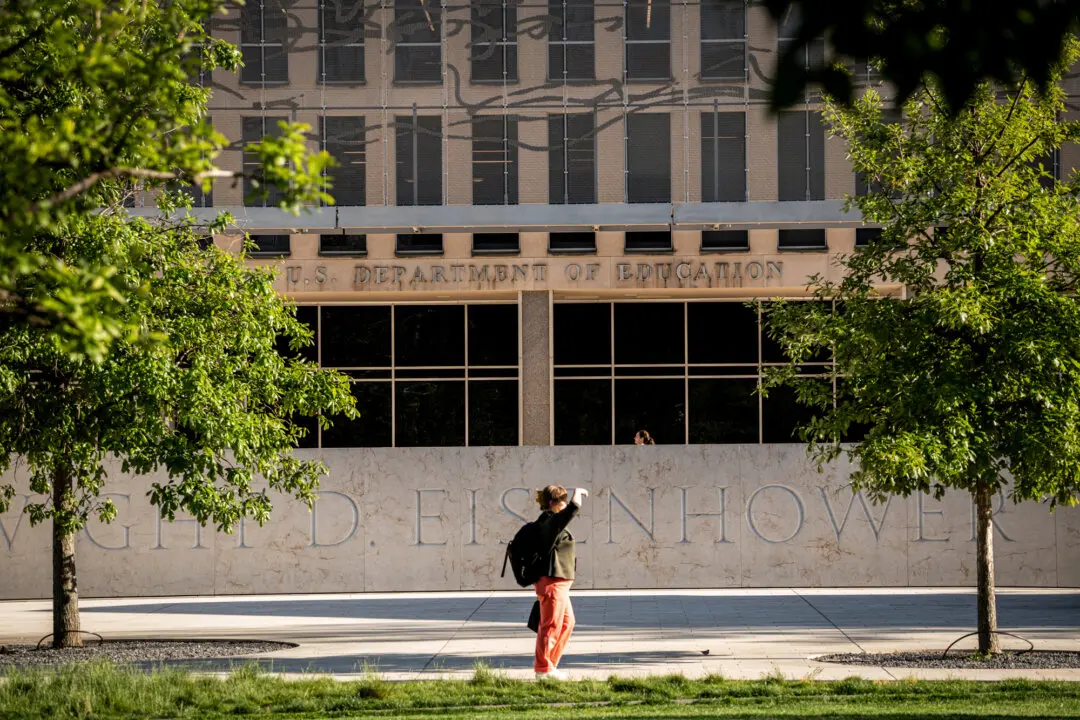Financial services company Prudential Financial recently updated the number of customers impacted in a hacking attempt earlier this year from 36,000 to more than 2.5 million.
Prudential had revealed the data breach in a Feb. 12 filing with the U.S. Securities Exchange Commission (SEC). The hack took place on Feb. 5 and the company said it received assistance from external cybersecurity experts and “immediately activated our cybersecurity incident response process to investigate, contain, and remediate the incident.”





